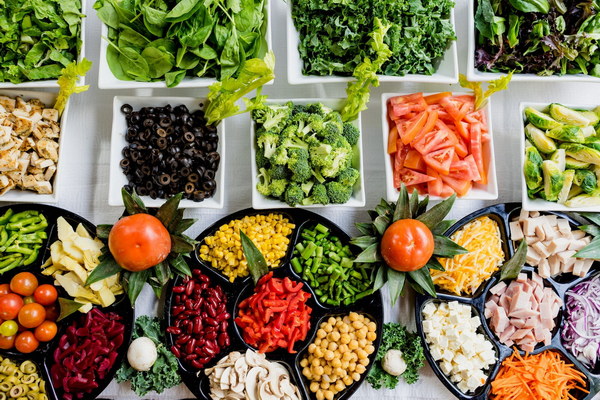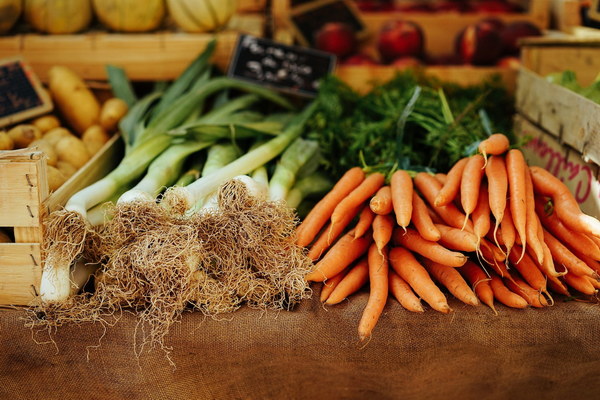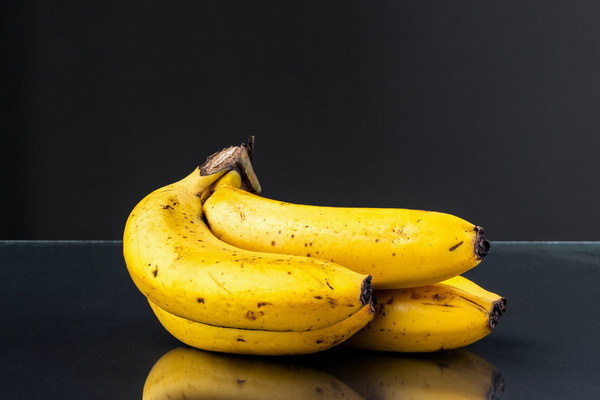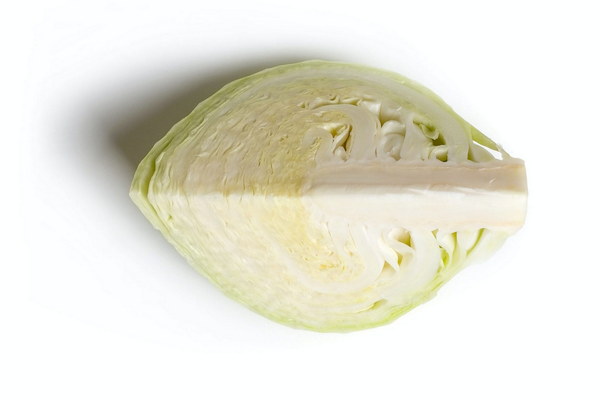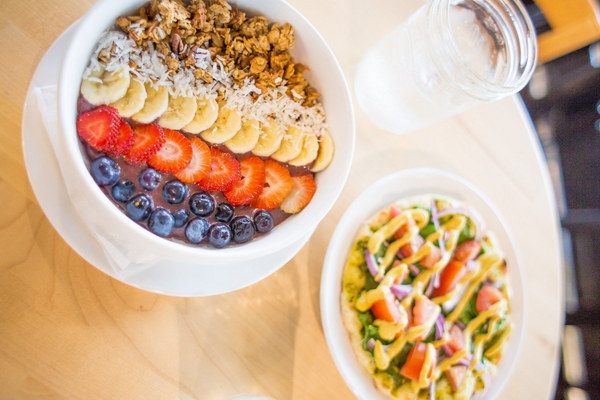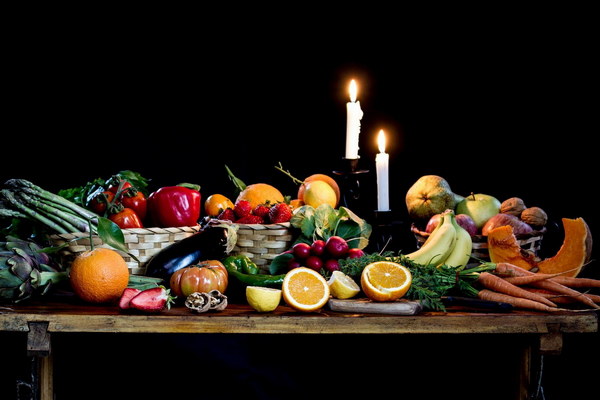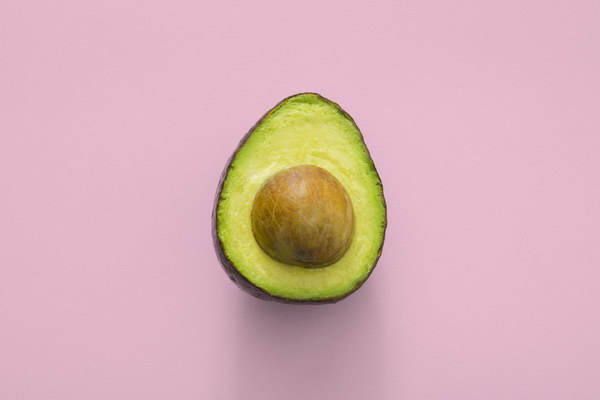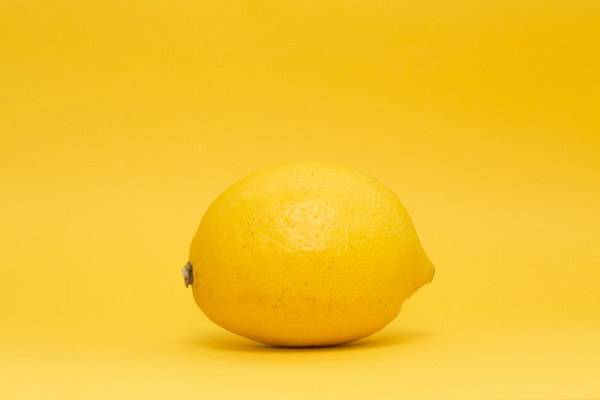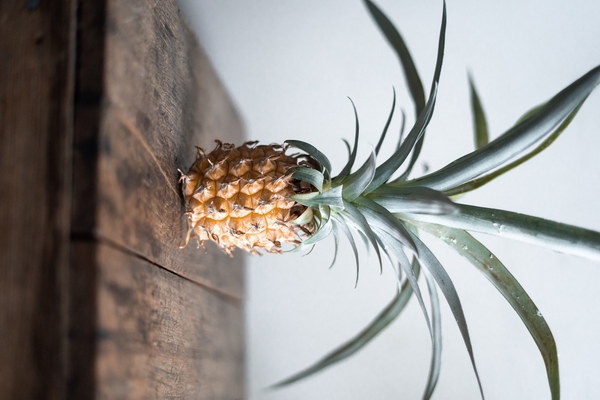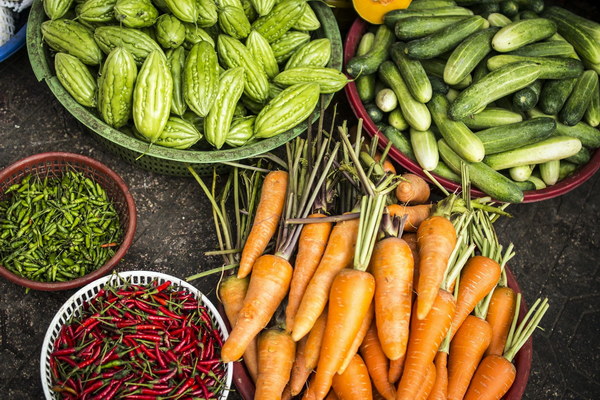Post- Circumcision Diet Nutritional Tips for a Swift Recovery
After undergoing circumcision, it's essential to focus on a well-balanced diet that supports the healing process and boosts overall health. Here are some nutritional tips to help you recover quickly and comfortably after the procedure.
1. Hydration is Key
Proper hydration is crucial for healing. Drink plenty of water throughout the day to flush out toxins and keep your body hydrated. Aim for at least eight glasses of water a day. If you're feeling up to it, you can also consume herbal teas, broths, and clear fruit juices to stay hydrated without irritating the surgical site.
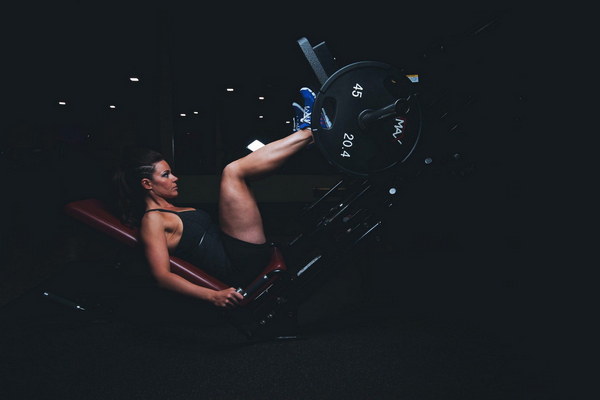
2. Vitamin C for Wound Healing
Vitamin C is a powerful antioxidant that helps in wound healing. Incorporate vitamin C-rich foods into your diet, such as oranges, strawberries, bell peppers, kiwi, and leafy greens. This vitamin can also boost your immune system, making it an essential nutrient during the recovery period.
3. Protein for Tissue Repair
Protein is essential for tissue repair and healing. Consume high-quality protein sources such as lean meats, poultry, fish, eggs, dairy products, legumes, and nuts. Aim to consume around 60 to 100 grams of protein per day to support your body's healing process.
4. Iron for Energy
Iron is vital for energy production and oxygen transport throughout the body. Foods rich in iron include red meat, poultry, fish, beans, lentils, tofu, and leafy greens. Incorporate these foods into your diet to ensure you're getting enough iron for your recovery.
5. Omega-3 Fatty Acids for Inflammation Reduction
Omega-3 fatty acids have anti-inflammatory properties that can help reduce swelling and pain. Incorporate sources of omega-3s into your diet, such as fatty fish (like salmon, mackerel, and sardines), flaxseeds, chia seeds, walnuts, and algae-based supplements.
6. Zinc for Wound Healing
Zinc is an essential mineral that plays a crucial role in wound healing. Foods rich in zinc include oysters, beef, pork, legumes, nuts, and seeds. Aim to consume around 11 mg of zinc per day to support your healing process.
7. Probiotics for Gut Health
Probiotics can help maintain a healthy gut microbiome, which is essential for overall health and healing. Incorporate probiotic-rich foods such as yogurt, kefir, sauerkraut, kimchi, and kombucha into your diet.
8. Avoid Irritants
During the recovery period, it's important to avoid foods that can irritate the surgical site. Stay away from spicy, acidic, and high-fat foods, as they may cause discomfort or delay healing. Instead, focus on bland, easily digestible foods like bananas, rice, applesauce, and toast (BRAT diet).
9. Dietary Fiber for Digestion
Ensure you're consuming enough dietary fiber to support your digestion. High-fiber foods such as whole grains, legumes, fruits, and vegetables can help prevent constipation, which is a common side effect of pain medications and decreased activity levels during recovery.
10. Gradual Introduction of Solid Foods
After the surgery, you may be on a liquid diet for a few days. Gradually introduce solid foods back into your diet as you feel comfortable. Start with bland, easily digestible foods and progress to more complex foods as your healing continues.
By following these nutritional tips, you can support your body's healing process and ensure a smooth recovery after circumcision. Remember to consult with your healthcare provider for personalized dietary recommendations based on your specific needs and medical history.
